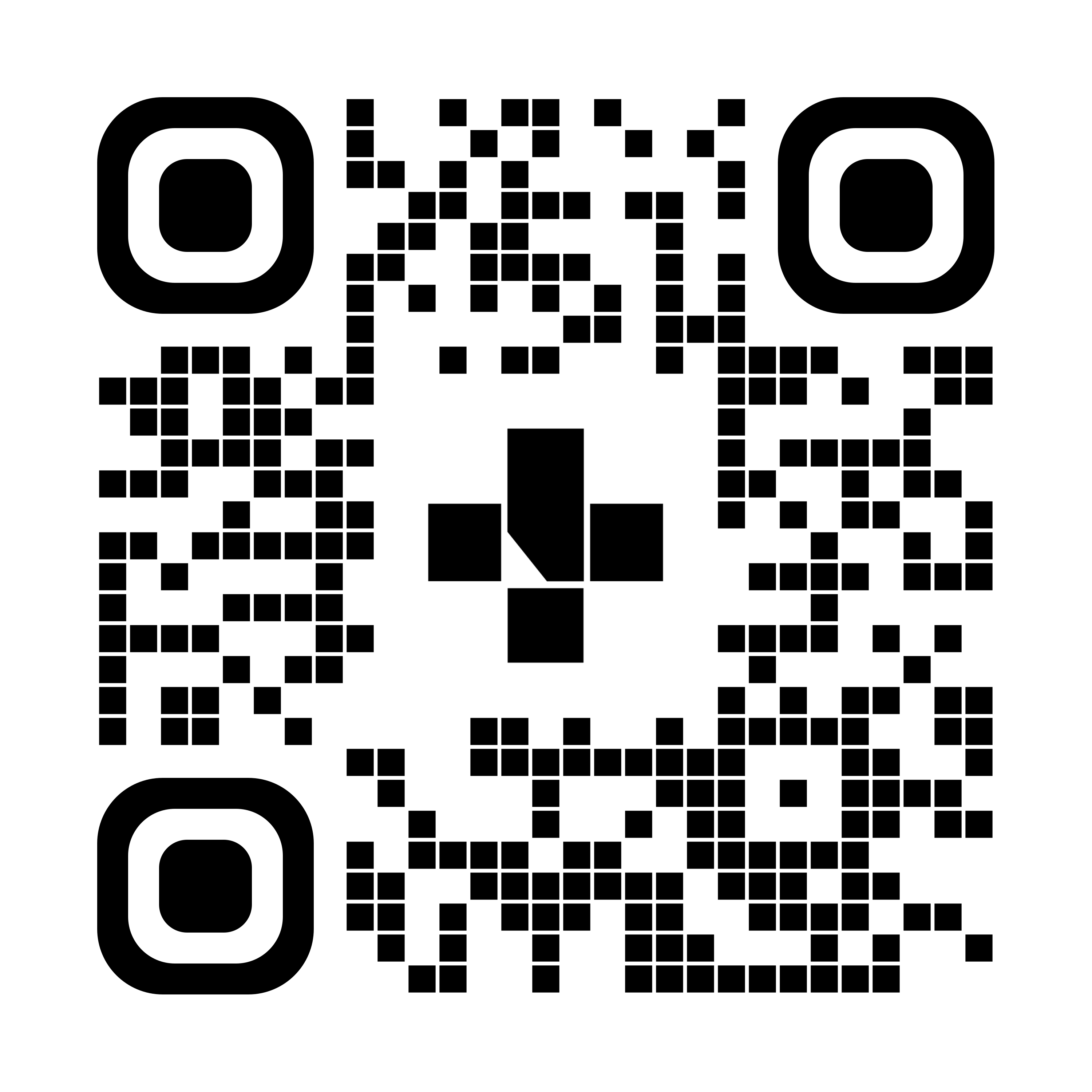Diabetes
Adjusting your diabetes medicine and diet for a fasting blood test
The information below will help you plan ahead to be ready for your fasting blood test.
When you do your fasting blood test, have it as early in the morning as possible.
Day before your test
The day before your test, take your diabetes medicine (such as pills, insulin, or other medicines you inject) as usual or as your healthcare provider tells you.
Day of your test
On the morning of the test, only take your morning diabetes medicine if you take a basal insulin, such as Basaglar, Humulin N, Lantus, Levemir, Novolin NPH, Semglee, Toujeo, or Tresiba. Take these insulins at your regular time. Do not take any other type of insulin or diabetes medicines until after the test, when you are ready to eat.
Test your glucose level before you leave home. If your glucose level is below 4.0 mmol/L, treat it, eat a meal, and change or rebook your fasting test to another day.
If your reading is 4.0 mmol/L or more, you can go to the lab for your fasting blood test. Bring the following with you to the lab:
- a source of fast-acting sugar
- your blood glucose meter or continous glucose monitor
Test your glucose level at the lab. If your glucose level is low, tell the person doing your blood test.
After your blood test
Test your glucose level before you leave the lab. Make sure it’s 4.0 mmol/L or higher before you drive. If it’s below 4.0 mmol/L, treat with 15 grams of carbohydrates then retest. If it’s still low, treat again.
Having a low glucose level can impair your driving skills. Talk to your diabetes team about driving and safety. If you plan to drive after you treat a low glucose level:
- Wait 40 minutes before you drive.
- Make sure your glucose is 5.0 mmol/L or more before you drive.
Remember to take your usual morning diabetes medicine after the test is done and when you’re ready to eat.
To see this information online and learn more, visit MyHealth.Alberta.ca/health/pages/conditions.aspx?Hwid=custom.ab_diabetes_fastingbloodtest_inst.

For 24/7 nurse advice and general health information call Health Link at 811.
Current as of: July 19, 2023
Author: Endocrinology and Metabolism Program, Alberta Health Services
This material is not a substitute for the advice of a qualified health professional. This material is intended for general information only and is provided on an "as is", "where is" basis. Although reasonable efforts were made to confirm the accuracy of the information, Alberta Health Services does not make any representation or warranty, express, implied or statutory, as to the accuracy, reliability, completeness, applicability or fitness for a particular purpose of such information. Alberta Health Services expressly disclaims all liability for the use of these materials, and for any claims, actions, demands or suits arising from such use.
